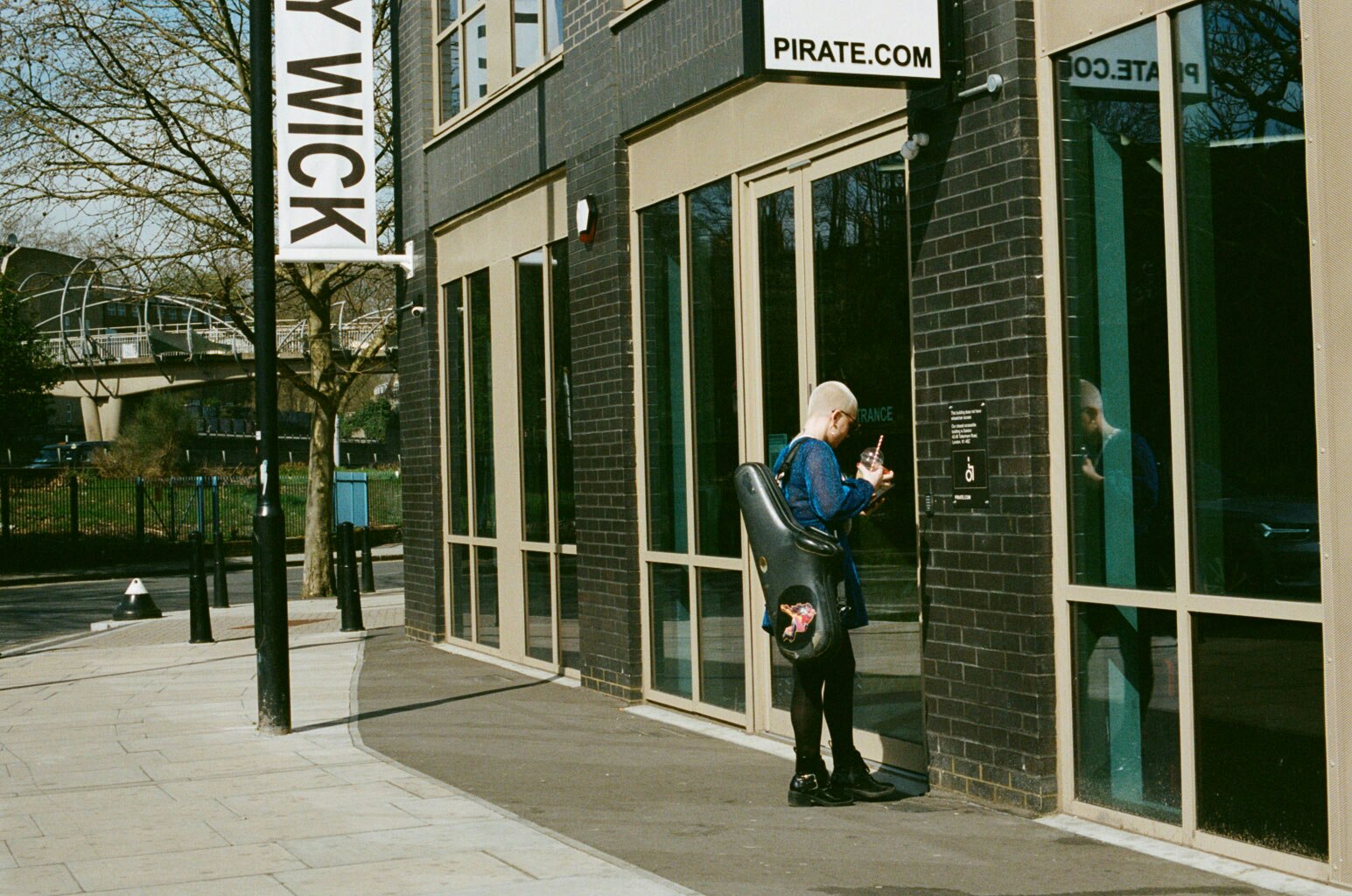
■ Features
Musical genres exist to classify music and artists with similar characteristics. However, often this classification happens before the music has actually been written.
Calling a Drum and Bass producer a Drum and Bass producer may sound as simple as calling a spade a spade. In fact, this can lead to preconceptions about future music which the artist may feel pressure (consciously or unconsciously) to live up to.
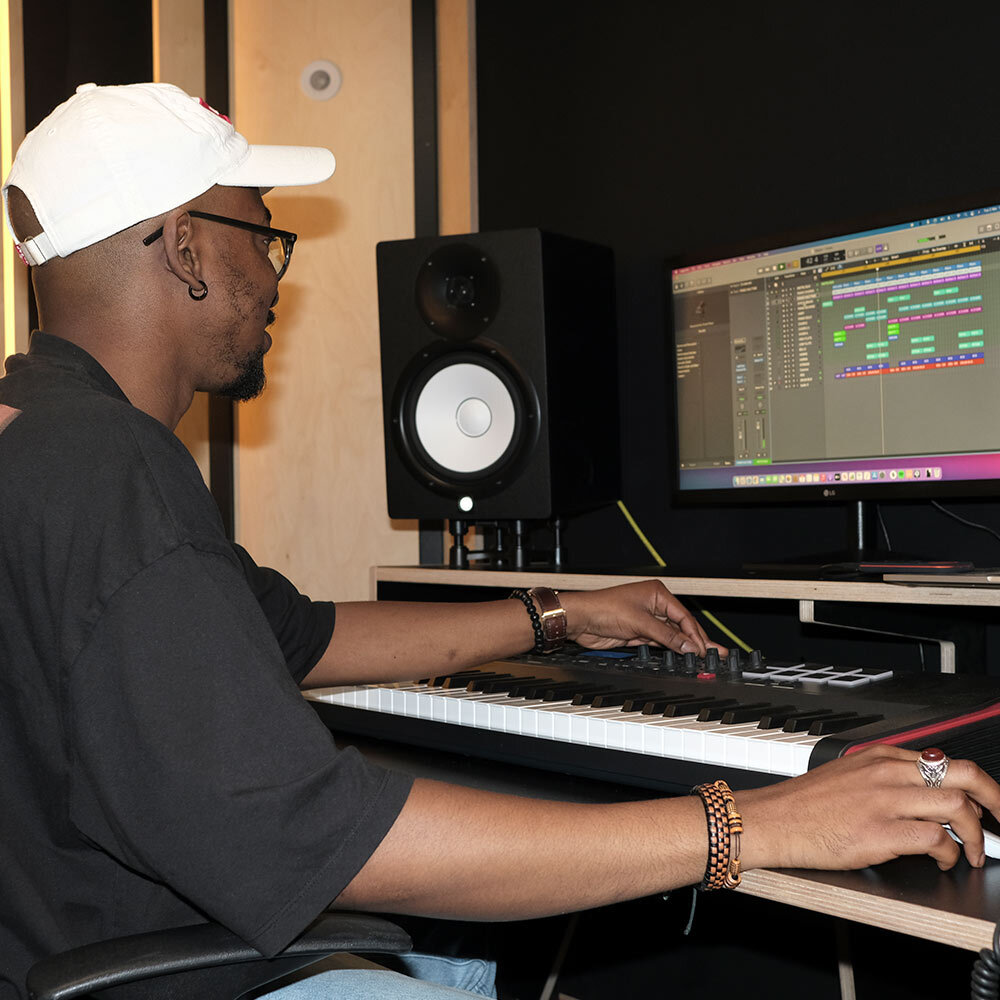
Hyroglifics is one such Drum and Bass producer who acknowledges a culture of pigeonholing within the industry:
“There’s always that tired principle that D&B producers are never allowed to step out of 174bpm.”
This year, Hyroglifics has a forthcoming album with English rapper Lee Scott. He’s hesitant to call this a departure from Drum and Bass, preferring to describe it as such:
“I wouldn’t necessarily call it a departure [from D&B], but more of an exploration of other tempo’s and styles. I love a wide range of different music, so it seems limiting to only be an artist who has to stick to writing one genre throughout their whole career.”
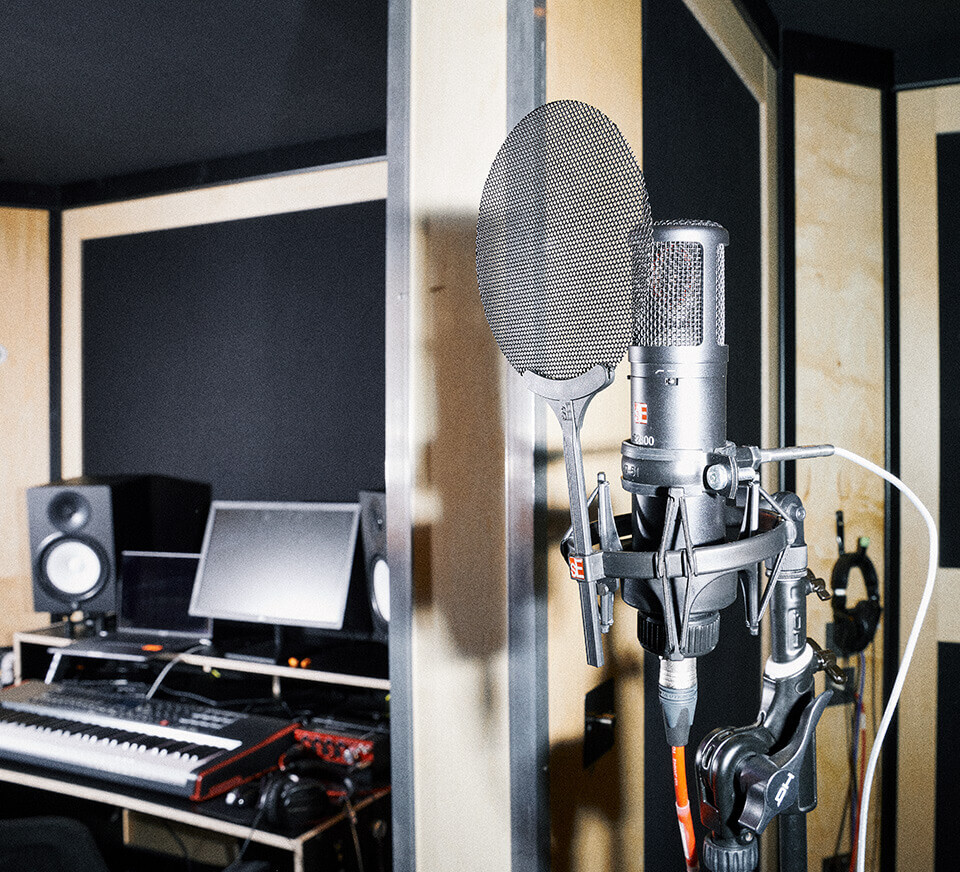
The benefits of being attached to a particular genre or scene are far-reaching for an artist compared to going it alone - a sense of community and collective identity is no small thing. It’s also objectively easier to gain recognition amongst a small scene than as an individual. However, by identifying with one genre or subgenre, artists run the risk of entering a creative echo chamber.
That’s not to say there’s no freedom of movement between genres, though Hyroglifics suspects this is more common in other branches of dance music than amongst artists who have come up in Drum and Bass:
“Flava D is just one recent example; she started out making a lot of bassline and house music and now is predominantly releasing with Hospital [Records].”
Collaboration between genres is simply a different thing to genre-hopping throughout one’s career.
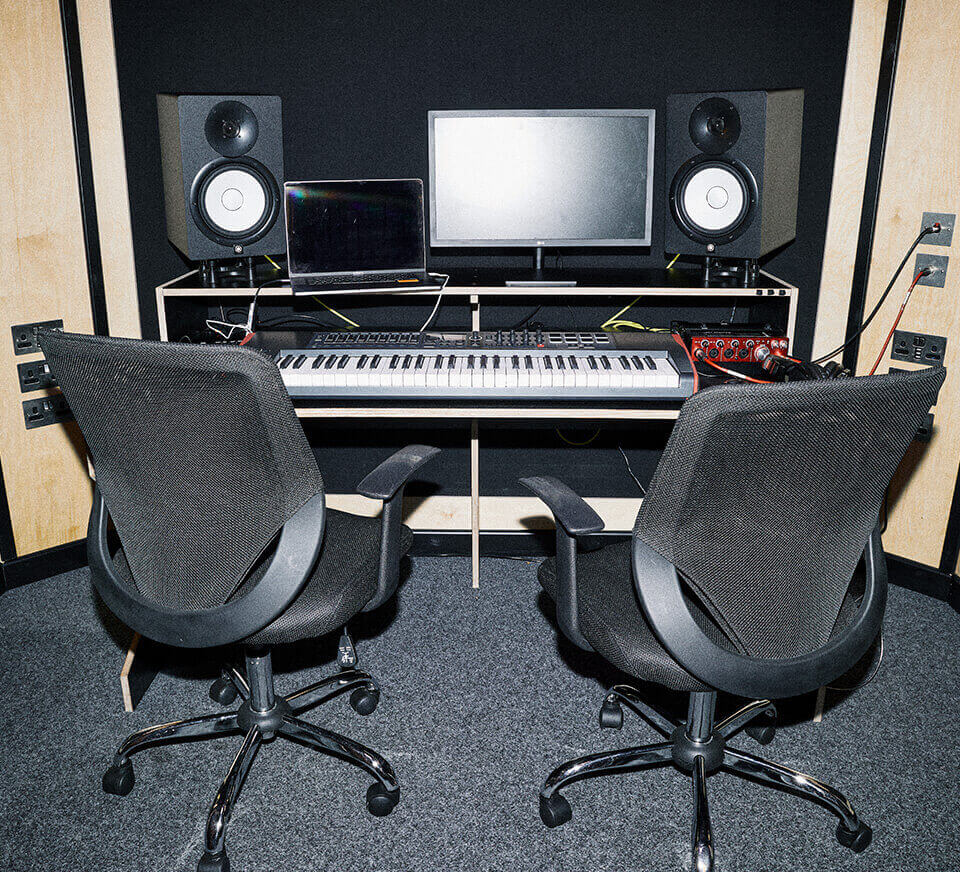
Asked which artist or artists prove that collaboration between genres is the key to original music, Hyroglifics chose an album from 2017 created by Grime icon Skepta and pioneering Jungle/Drum and Bass artist Goldie:
“Skepta & Goldie linking up on ‘Upstart’ in 2017 was a big cross genre link up. Two pioneers of different UK genre’s coming together on a vinyl only release.”
Collaboration between genres in this way feels like a natural way to find new sounds. After all, new genres and subgenres are born from borrowing characteristics of existing music. Take Grime, a young genre by all accounts, which grew out of UK Garage, influenced by Hip-Hop, Jungle and Dancehall. However, for a new artist, who isn’t Skepta or Goldie, such a link up can seem totally illogical - it’s much safer to establish oneself in a particular scene before attempting to bridge a gap between two.

The way in which we measure an artist's success is typically by the number of plays their tracks receive, or the revenue they generate from royalties, live shows, merchandise etc. Arguably, originality rarely comes into it. You could even go as far as saying originality is an oppositional force to commercial success.
If you’re a talented producer and you sit down in the studio to write a Drum and Bass hit, even if you haven’t created anything groundbreaking, if that Drum and Bass track slaps harder than a lot of very similar beats, it’s probably going to perform well.
Put yourself in the shoes of a music consumer, how often do you hear something that sounds unlike anything else? The answer is probably rarely or never. This isn’t because, as some pessimists might say, everything has already been done. Rather, this might be because an over-structured industry of neat genres and subgenres, has led to less cross-pollination on both the artist and consumer sides.
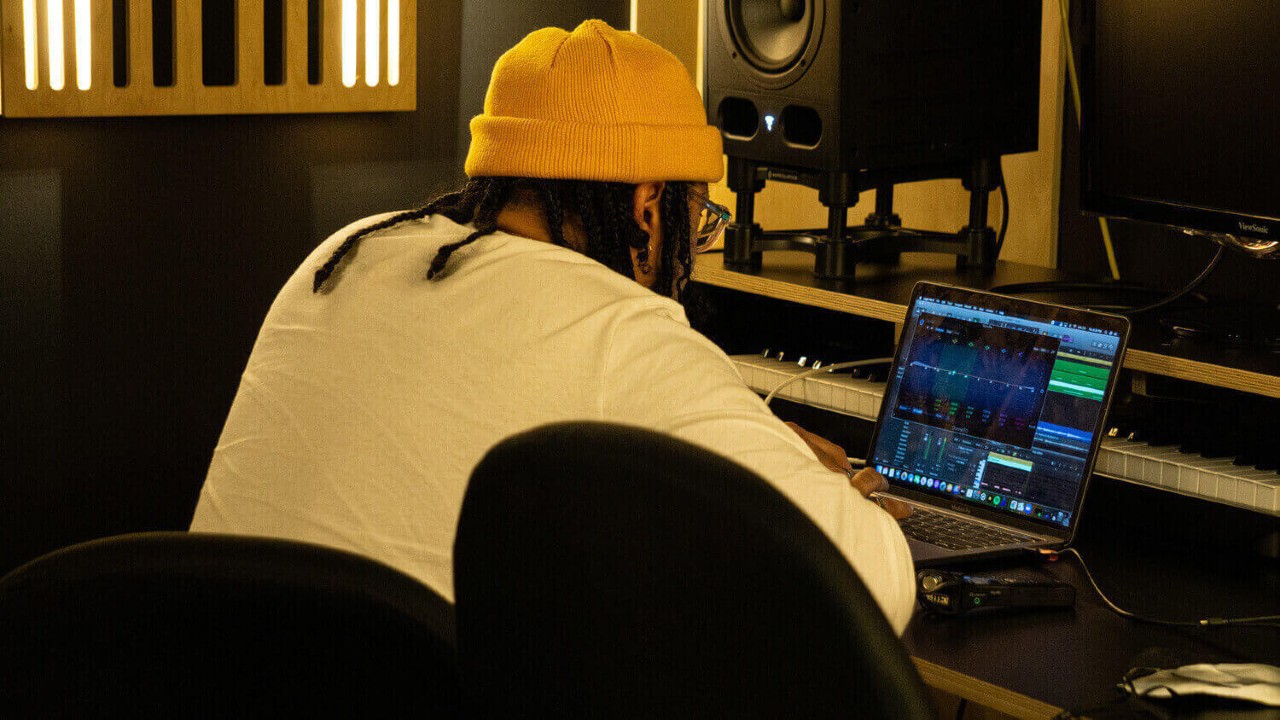
For more music industry tips, tricks and advice, or to access up-to-date music industry news, head to the Pirate.com Blog.
To hone your skills as a podcaster, band, producer or DJ, book a Pirate.com studio in the UK, US or Germany.
